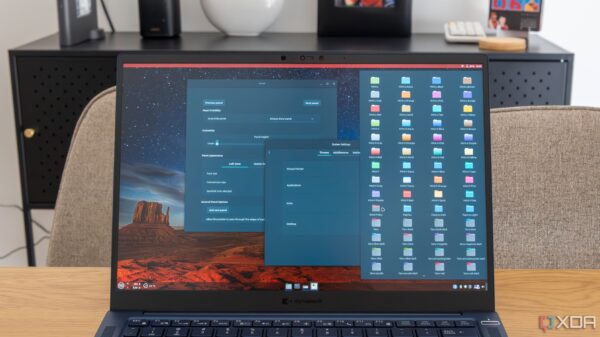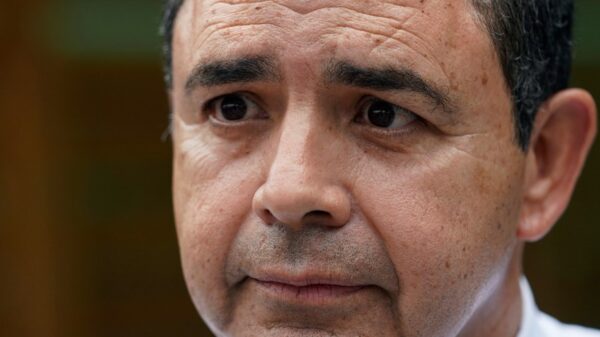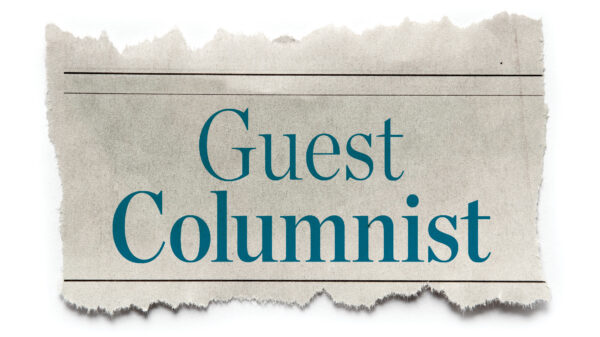URGENT UPDATE: A new workplace trend called “quiet vacationing” is surging this summer, as employees increasingly opt to take time off without formal leave. Reports indicate that millennials are leading the charge in this growing movement.
According to U.S. News & World Report, quiet vacationing allows employees to travel or take personal time while pretending to work. Instead of openly combining business with leisure, workers are utilizing technology to create the illusion of being on the job. This trend, previously known as “hush trips,” has taken on new relevance in a remote work environment.
A recent study by the Harris Poll reveals that nearly 1 in 8 workers planned to engage in quiet vacationing last summer, with approximately 11% admitting to taking a vacation day without their employer’s knowledge. This practice allows employees to enjoy their time away while maintaining the facade of being active in their roles.
Millennials, often seen as the most burdened by workplace expectations, are particularly drawn to this trend. Research from Resume Builder highlights that nearly 40% of millennials have secretly taken vacation days without informing their bosses. The fear of asking for time off often drives this behavior, as many worry that requesting leave could jeopardize their career advancement.
As one employee described, “I can be on a beach responding to emails without anyone knowing. It’s the only way I can manage my mental health during busy seasons.” This sentiment is echoed by numerous workers seeking a balance between job demands and personal well-being.
The signs of quiet vacationing can often be subtle. Career coach Kyle Elliott notes that a sudden shift in response times or patterns can indicate a worker is secretly enjoying a getaway. If someone who typically replies promptly to messages suddenly takes hours to respond, they might be on vacation or working from a different location.
While the trend offers short-term relief, experts warn against its potential downsides. Conor Martin Hughes, a senior certified professional with the Society for Human Resource Management, cautions that quiet vacationing can lead to feelings of dishonesty and resentment among coworkers. Hughes emphasizes the need for employees to fully recharge without distractions, stating, “Checking email and doing light work tasks doesn’t allow the brain to rest.”
Despite the allure of quiet vacationing, many experts advocate for open communication with employers about work-life balance. Addressing workplace culture and expectations may be crucial for employees who feel compelled to adopt this secretive approach.
As this trend continues to evolve, employers are urged to foster environments where employees feel comfortable taking time off without fear of repercussions. The rise of quiet vacationing highlights a significant cultural shift in the workplace, emphasizing the need for greater psychological safety and transparent communication in today’s ever-evolving work landscape.
Stay tuned for more updates on this developing story as the summer unfolds.





































































